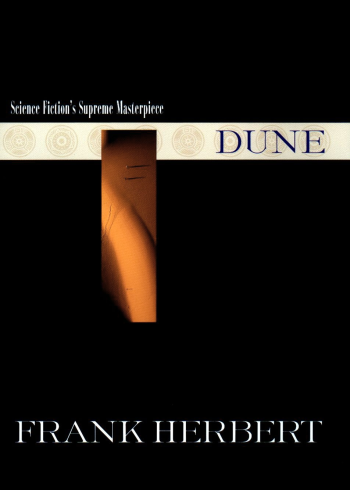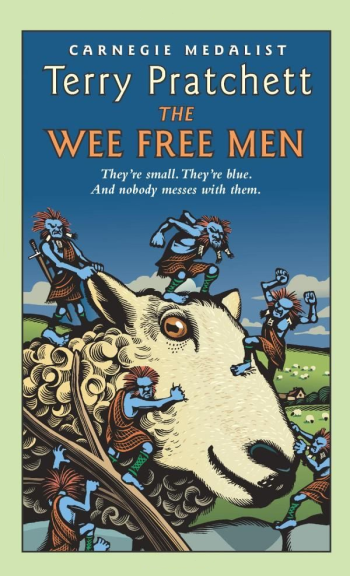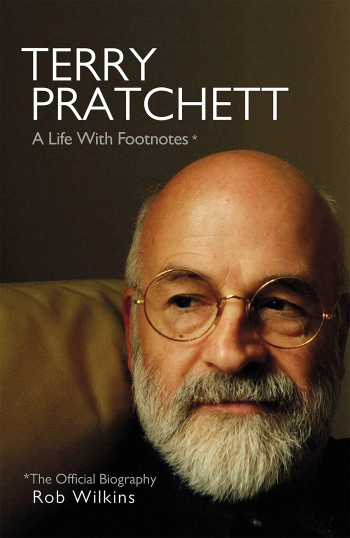Hihi here’s what I read in March (spoiler alert it’s mostly Bond stuff):
Dune by Frank Herbert. Already wrote about my experience with this, but yeah, this was great. Big worm! Big fan. And I’m terrible at watching movies in a timely manner so, no, I still haven’t seen part two, thanks.
This month’s short story was “Jim Martini” by Michael Bible. A thoroughly modern corporate tale that at times reminded me of one of Mad Men’s surreal interludes. (Absolute favorite show, so not a bad thing.) Irreverent and playful. I dug it a lot. ⠀
And that’s it for the regular reads. Literally everything else was Bond, because I am a ridiculous, obsessive person.
Trigger Mortis by Anthony Horowitz. I just wish Horowitz wrote more of these.
For Your Eyes Only by Ian Fleming. Very interesting collection of short stories that find Fleming further experimenting with his Bond formula. To varying success. I didn’t think much of the first two stories, but really enjoyed the last three. In particular “The Hildebrand Rarity,” which, with its stunning underwater scenes, is a showcase of Fleming’s mastery at establishing mood and atmosphere. Also I do love a capsular setting, of which the luxurious yacht at the center of the story is certainly one of Fleming’s most opulent.
Thunderball by Ian Fleming. Enjoyment of this was a bit marred by rewatching the movie and not being too thrilled by it. Still, a solid Bond entry. The Bahamas location was just great. Loved that Leiter got an extended role here, too. Also we got to go both inside a fancy yacht and a high-tech submarine, and that’s just super neat.
The Spy Who Loved Me by Ian Fleming. Fleming’s infamous failed experiment. Admire him for going so out of his own comfort zone, but this is truly a royal mess. His female narrative voice is deeply unconvincing, for one. For another, the structure simply doesn’t come together. The first part reads like the maudlin diary entries of a juvenile caricature, while the second is a mid-century gangster farce, with Fleming at his most intolerable in terms of dialogue. Only the final part manages to feel like a Bond book, but it comes a bit too little, too late.
And then I just read a bunch of Bond comics. I read too many of them — because, again, a ridiculous person — so I’ll just talk about the highlights here.
James Bond: Vargr / James Bond: Eidolon by Warren Ellis, James Masters. Both re-reads. I had forgotten, but these were actually the first Bond things I ever read, having picked it up back when they came out because I was a big Ellis fan. I enjoyed them both a lot back then and, naturally, after having read entirely too much about this ridiculous character, I appreciate them a lot more now.
James Bond: Hammerhead by Andy Diggle, Luca Casalanguida. Reading this after the Ellis and Masters run was like going from Casino Royale to Die Another Day. Fun, but lacked the wit and finesse of the previous comics.
James Bond: Service by Kieron Gillen, Antonio Fuso. Love Gillen but this was just bland as hell.
James Bond: Black Box by Benjamin Percy, Rapha Lobosco. Liked this one a bit more than the other non-Ellis runs. I feel like it did the globetrotting thing exceptionally well. And I enjoyed how simple and modern the storyline was. The Dynamite comics do a better job at bringing Bond to contemporary times better than the films, I feel like. They’re great at making our current, contentious times almost feel like another sort of war — neither hot or cold but perpetually hazy and chaotic.
James Bond: Kill Chain by Andy Diggle, Luca Casalanguida. Liked this one a hell of a lot more than their previous effort. It felt much more in line with the Fleming novels. Bringing SMERSH into the modern day was an ingenious move, and having that not only feel believable but inevitable was just skillful storytelling.
James Bond: The Body by Aleš Kot, Various. One of the most fascinating Bond stories I’ve come across. One thing that I love about the Fleming novels is how surprisingly often they go into Bond’s psyche, something the films hardly ever do — at least until Craig’s tenure. The Body, though, is a thorough character study about what it means to be a blunt instrument wielded by a fallible, amoral government. The only place it falters is that at some point it feels like you’re reading about someone entirely different from the peculiar, singular character Fleming created. Still, some absolutely brilliant storytelling here.
James Bond: Himeros by Rodney Barnes, Antonio Fuso, Giorgio Pontrelli. This is what I mean by the Bond comics really going all out to make him a contemporary figure. This is an Epstein storyline, and not even a thinly-veiled one — the only things changed are the names. I guess it’s problematic in the sense that in this fantasy world Bond prevails and drags this evil ordeal out of the shadows and back into the light, but what is fantasy for if not for wishful thinking sometimes?
And now the only remaining question is: Will I read something not Bond-related any time soon? Ha ha ha who knows I don’t goodbye


































